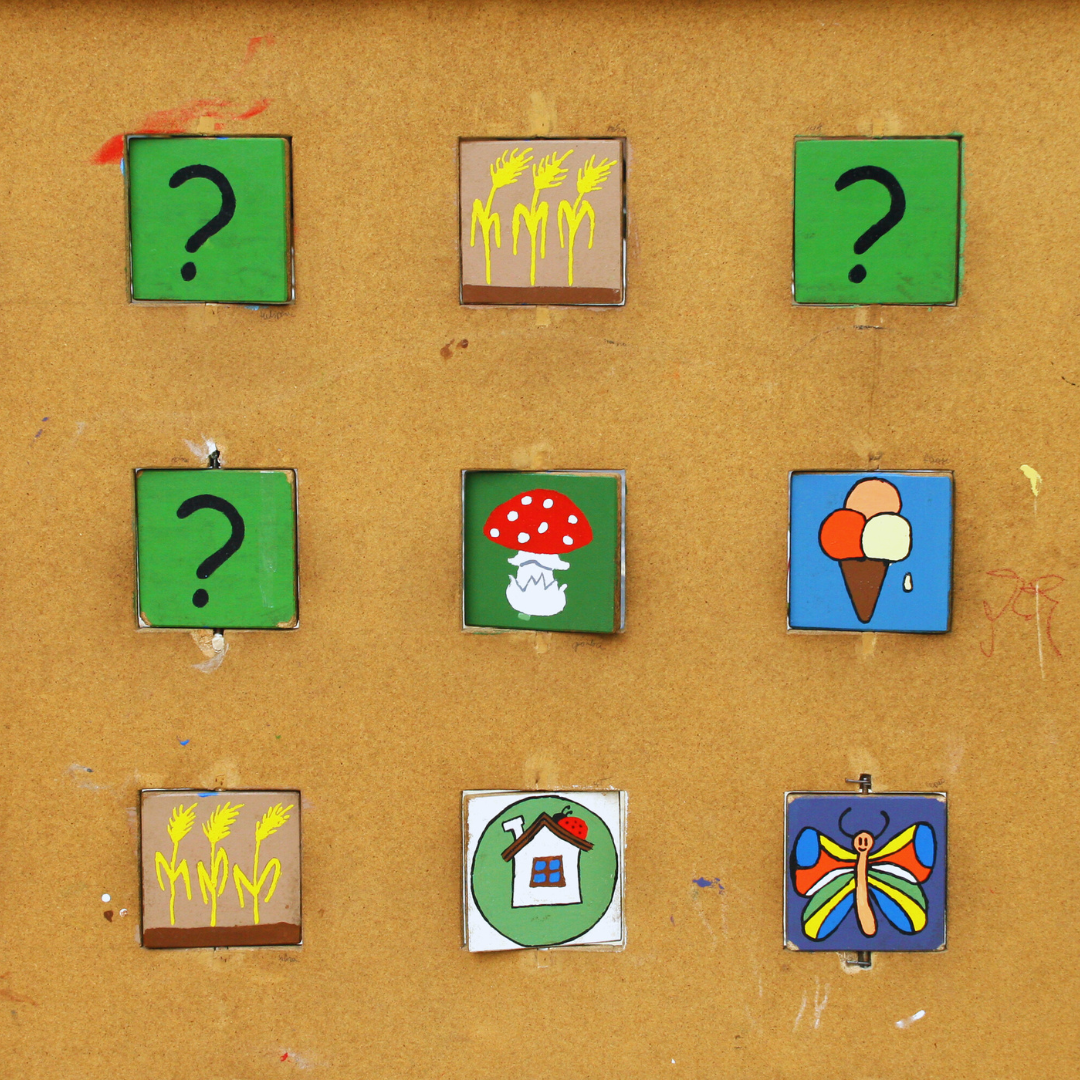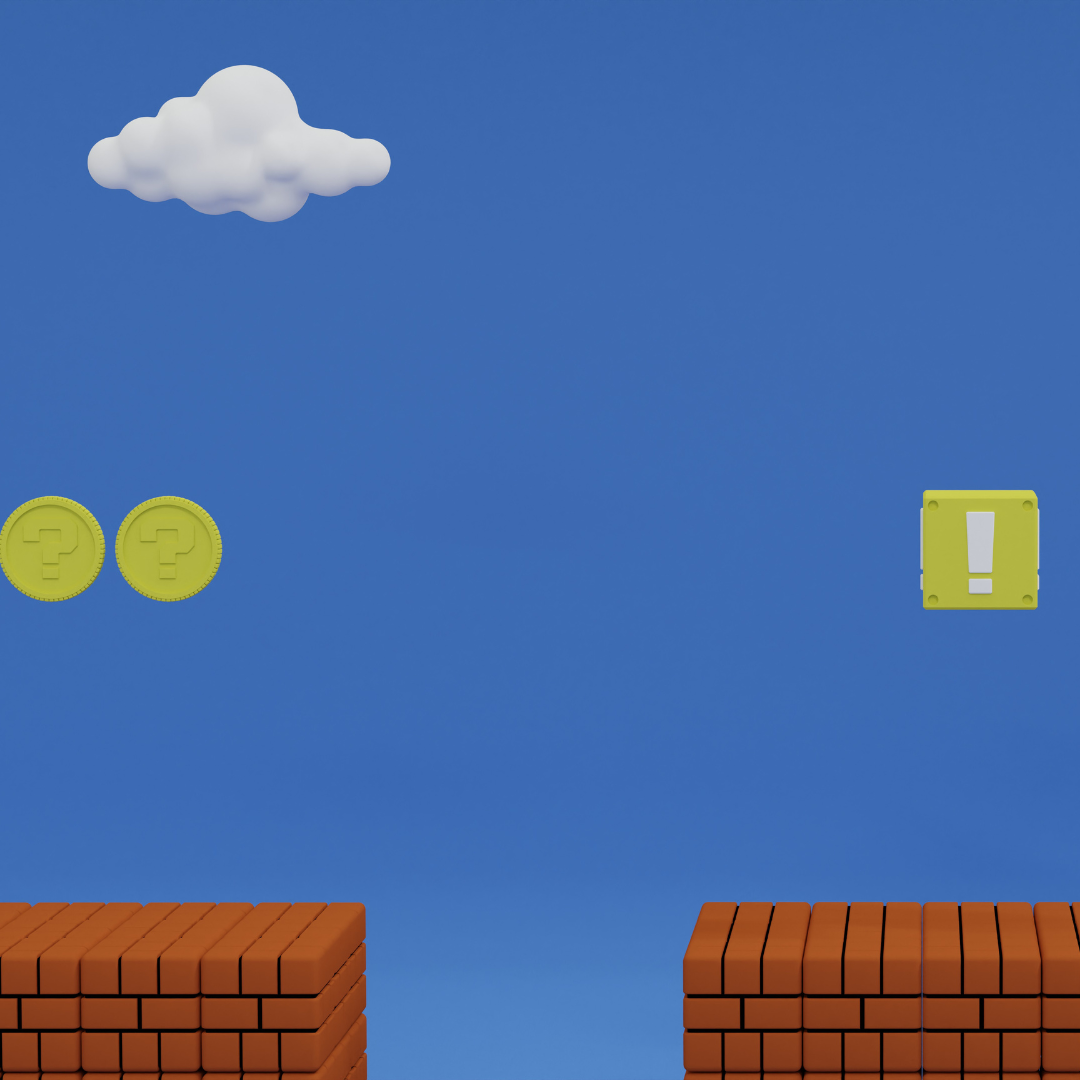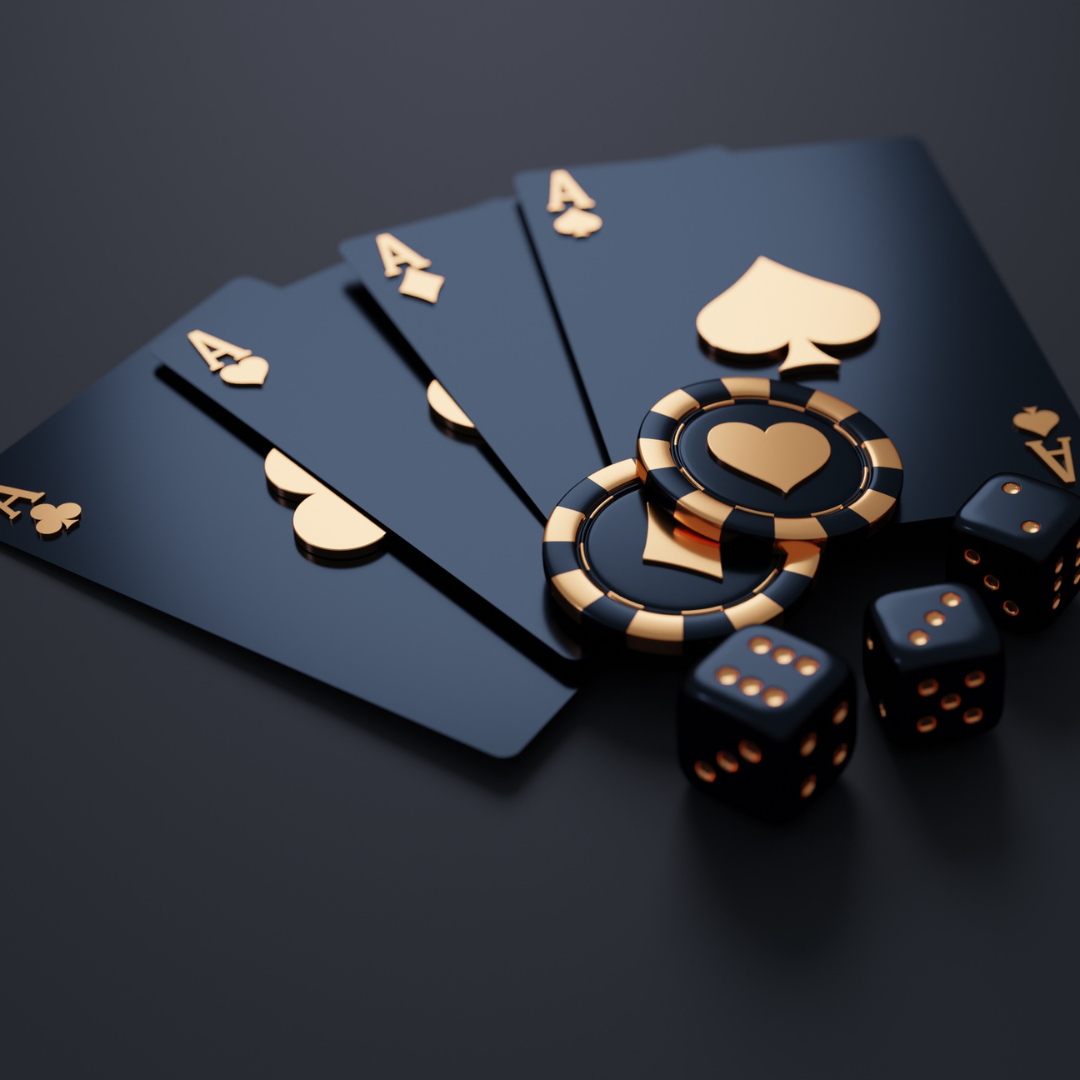Memory games are a fantastic way to enhance cognitive function and improve memory skills. The best memory games not only challenge the mind but also provide engaging and enjoyable ways to reinforce memory improvement. Whether played alone or with friends, these games stimulate brain activity and can lead to better memory retention in everyday life.
Many types of memory games cater to various age groups and interests, from traditional card-matching games to modern digital applications. Each of these formats can target different aspects of memory, helping players develop their skills in a fun environment. Incorporating these games into daily routines can lead to significant improvements in cognitive abilities.
Engaging in memory games presents an opportunity to sharpen one’s mental acuity while enjoying time spent with others. The appeal lies not only in the challenge but also in the rewards gained from improved memory capabilities. By exploring the world of memory games, individuals can find effective tools for enhancing their cognitive function.
The Science of Memory
Memory is a complex cognitive function that plays a crucial role in daily life. It incorporates various mechanisms and types, influencing how individuals learn, retain, and recall information. Understanding the science behind memory can provide insights into effective cognitive training techniques.
Understanding Cognitive Function
Cognitive function encompasses mental processes such as perception, attention, reasoning, and memory. Memory is a key component of cognitive function, enabling individuals to encode, store, and retrieve information. While mental processes work in tandem, memory serves as a foundation for learning and decision-making.
Key aspects of memory include:
- Encoding: The initial process of receiving information.
- Storage: The retention of encoded information over time.
- Retrieval: The ability to access stored information when needed.
These processes are vital for cognitive performance and impact how effectively one can navigate various tasks and situations.
Short-Term VS Long-Term Memory
Short-term memory, often referred to as working memory, involves the temporary storage of information. It usually retains data for seconds to minutes and has a limited capacity. For example, one can recall a phone number just long enough to dial it.
In contrast, long-term memory involves the storage of information over extended periods-days, months, or even years. This form of memory can be divided into:
- Declarative Memory: Facts and events that can be consciously recalled.
- Procedural Memory: Skills and tasks that can be performed without conscious thought.
Understanding these distinctions helps inform strategies for improving memory retention and recall capabilities.
The Role of Brain Games in Memory Enhancement
Brain training activities, including memory games, are designed to improve cognitive abilities. Research shows that engaging in memory-enhancing games can stimulate brain function. These activities challenge users to remember patterns, sequences, and other information, potentially leading to better recall.
Benefits of brain games include:
- Improved Short-Term Memory: Regular practice can enhance the ability to hold information temporarily.
- Strengthened Long-Term Memory: Consistent engagement may aid in consolidating memories.
- Cognitive Decline Mitigation: Playing brain games may help delay the onset of memory-related issues as one age.
Cognitive training through these games offers a fun and effective way to maintain and enhance memory skills.
Types of Memory Games
Memory games come in various forms, catering to different preferences and age groups. This section will explore classic and modern variants of memory games, options tailored for various demographics, and the distinctions between digital and physical formats.
Classic and Modern Variants
Classic memory games often include familiar formats such as card-matching games and jigsaw puzzles. These games rely on visual recall and typically involve memorising positions or pairs. Classic games like chess and sudoku engage players in strategic thinking, enhancing memory retention through repeated practice.
Modern variants have evolved to include word games and online platforms. These may feature new themes, interactive elements, and competitive aspects. Many online memory games provide free access to users, allowing for a wide reach. Printable memory games also offer a tangible option for those who prefer to play offline.
Memory Games for Different Age Groups
Memory games are designed for varied age groups, from children to seniors. Memory games for kids often utilise bright colours and themes to engage younger players. These games typically involve simple matching or sequencing tasks that help develop cognitive skills.
For adults, memory games may include crosswords, which challenge vocabulary and general knowledge. Seniors benefit from games specifically designed to maintain cognitive function. When searching for effective memory games alzheimer’s care facilities offering engaging activities can stimulate the mind and improve memory. Games can include modified jigsaw puzzles or memory card games that consider physical limitations. Many of these options are available in both physical and digital formats.
Digital Vs. Physical Formats
Digital formats of memory games have gained popularity in recent years. Online memory games provide interactive experiences that can be accessed anytime and anywhere. Many platforms offer free online memory games, which add to their appeal.
Physical formats, such as printed memory games and traditional board games, still hold significant value. They encourage face-to-face interaction and can be easier for individuals who are less comfortable with technology. Both formats have their strengths and appeal to different preferences. Each option provides cognitive stimulation while fostering social engagement.
Techniques to Enhance Memory Through Games
Utilising specific techniques while playing memory games can significantly boost cognitive functions. Key areas of focus include strategic play, enhancing attention levels, and improving pattern recognition.
Strategic Play and Memory Training
Players can enhance their memory by employing strategic methods. One technique is to develop mental associations. For example, connecting items or numbers with familiar images can strengthen retention.
Creating a structured approach, such as setting particular goals or milestones during gameplay, also aids in improving focus. For instance, aiming to remember a specific number of items each round can increase concentration levels.
Incorporating a variety of game types keeps the brain engaged, allowing for the training of different memory techniques. The diversity helps in stimulating visual memory, processing speed, and logic skills.
Improving Attention and Focus
Attention is crucial for effective memory retention. Games that require players to concentrate on multiple tasks at once can enhance this skill. These games often include elements where the player must remember the position of objects while reacting quickly to changes.
Mindfulness techniques, such as deep breathing, before engaging in games can also improve focus. A calm mind is better able to concentrate on the game’s requirements.
Additionally, regular practice can lead to increased attention levels, allowing players to maintain higher levels of concentration over extended periods. This practice helps build a stronger foundation for memory enhancement.
Pattern Recognition and Mental Agility
Recognising patterns is essential for improving mental agility. Memory games often involve identifying trends or sequences within a set of information. Practising these games can train the brain to process visual information more efficiently.
Players can enhance their skills by regularly challenging themselves with different patterns and configurations. Engaging with more complex games over time helps sharpen not just memory, but also logic skills and problem-solving abilities.
Combining this with timed challenges can further stimulate cognitive functions, as it requires quicker processing speeds and enhanced reaction times. This engagement fosters adaptability in recognising various patterns, ultimately reinforcing overall cognitive performance.
Integrating Memory Games into Everyday Life
Incorporating memory games into daily routines can significantly enhance cognitive abilities and promote mental fitness. Engaging in these activities regularly helps strengthen memory, boosts problem-solving skills, and supports overall brain health.
Daily Practices for Memory Strengthening
Daily practices can include simple yet effective memory games that fit seamlessly into one’s life. Activities such as playing Lumosity or Peak offer customised brain exercises targeting various cognitive functions.
Utilising casino card memory games can train concentration and recall. Daily crosswords enhance vocabulary and language skills, while maths games challenge users’ numerical abilities.
Setting aside even 10-15 minutes each day for games like Memozor can yield noticeable improvements. Research suggests that engaging the brain in fun ways boosts dopamine levels, making the experience enjoyable and rewarding.
Creating a Brain-Boosting Routine
Establishing a brain-boosting routine is essential for consistent mental fitness. Start the day with a short session on platforms like Elevate or Happy Neuron that offer activities to stimulate executive functions.
Incorporating reading or writing exercises into the routine also enhances cognitive abilities. Consider joining a book club to stimulate discussion or start a journal to improve language and problem-solving skills.
Incorporate varied activities throughout the week to keep the mind engaged. Mixing in crossword puzzles, math games, and even casual conversations can strengthen memory through diverse challenges. This approach effectively supports learning and memory retention over time.




